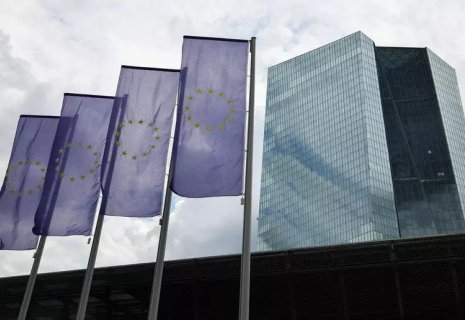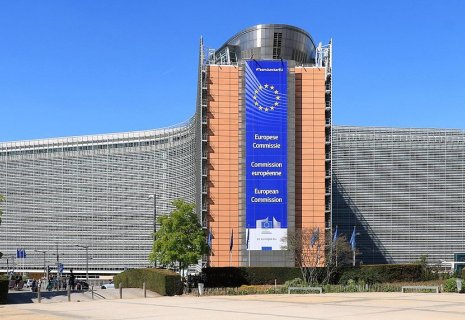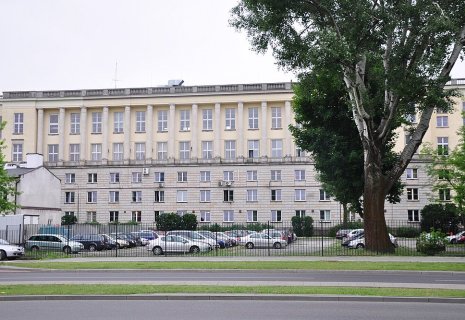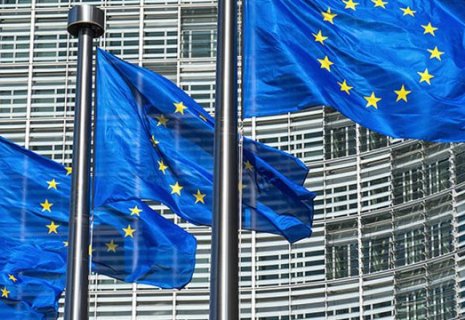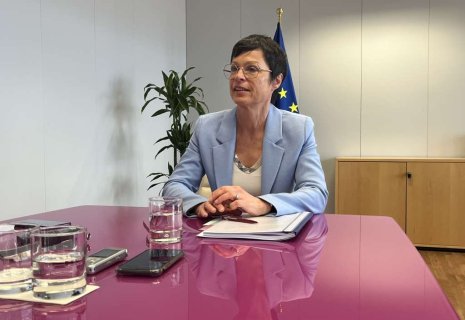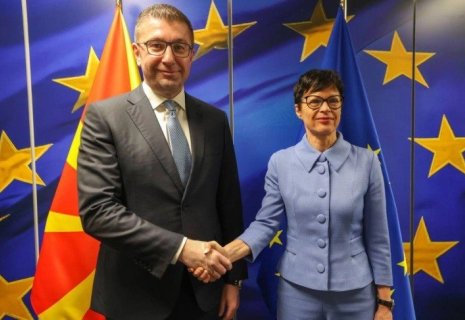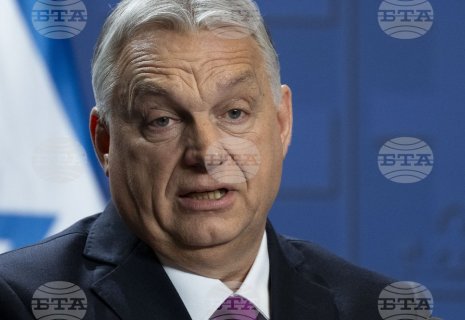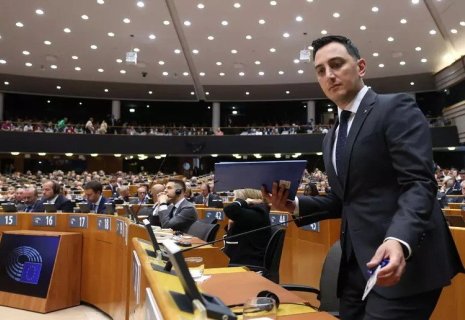
MEP Lena Düpont: Schengen enlargement key to EU cohesion - EXCLUSIVE
In an exclusive interview to CE Report, Member of the European Parliament Lena Düpont (EPP Group) outlines the European Parliament’s priorities and vision for Schengen expansion, governance, and future enlargement.
Support for Full Schengen Integration of Romania and Bulgaria
MEP Lena Düpont reaffirmed the European Parliament’s longstanding support for Romania and Bulgaria’s full integration into the Schengen Area, including the lifting of internal land border controls.
“This integration is both legally overdue and strategically beneficial,” she stated, emphasizing the need for transparency and objectivity in the evaluation process.
She noted that the European Parliament actively ensures that both countries receive sufficient funding under mechanisms like the Internal Security Fund and the Integrated Border Management Fund.
“Parliamentary oversight is crucial,” Düpont added, highlighting efforts to strengthen monitoring of Schengen rule implementation, especially in border security, return procedures, and police cooperation.
A Milestone for EU Cohesion and Resilience
Describing the recent Schengen enlargement as a “milestone for European unity,” Düpont stressed that integration must remain merit-based and irreversible once criteria are fulfilled.
“This is not just about borders,” she explained. “It’s about removing artificial divisions, boosting EU resilience in times of geopolitical pressure, and reinforcing trust among Member States.”
Preserving Free Movement and Public Trust
On the matter of safeguarding Schengen’s core principle of free movement, Düpont said the Parliament continues to act as a “guardian” of this right. However, she acknowledged the need for security:
“Freedom must be balanced with security. We are committed to reforms that strengthen police and judicial cooperation while protecting civil liberties.”
She also underscored the Parliament’s scrutiny of internal border controls, calling them a “last resort” measure that must be democratically justified. Düpont reaffirmed a tough stance on irregular migration and secondary movements to protect the system’s integrity.
Improving Schengen Governance and Preparedness
As part of broader reforms, the European Parliament is pushing for the creation of a Schengen Council to enhance political coordination. According to Düpont, the Parliament backs a reformed Schengen Evaluation Mechanism to increase transparency and responsiveness.
“Close cooperation with Frontex and Europol is indispensable,” she noted, particularly in high-pressure zones. Efforts to improve early warning systems and situational awareness are also underway to tackle emerging threats to Schengen’s stability and credibility.
Future Enlargement: Cautious but Committed
Looking ahead, Düpont said the EPP Group supports further Schengen enlargement, but only under strict conditions.
“There must be clear, verifiable compliance with acquis obligations,” she stated.
While Western Balkan countries are on the radar, she stressed the importance of operational readiness, border management, and rule of law.
“Schengen must remain one of Europe’s greatest achievements—open where possible, protected where necessary,” she concluded. “The Parliament will continue to evaluate, legislate, and support Member States who uphold their commitments.”
This report is authored by Abdul Karimkhanov and forms part of special coverage on the 40th anniversary of the Schengen Agreement and its evolving role in European integration

